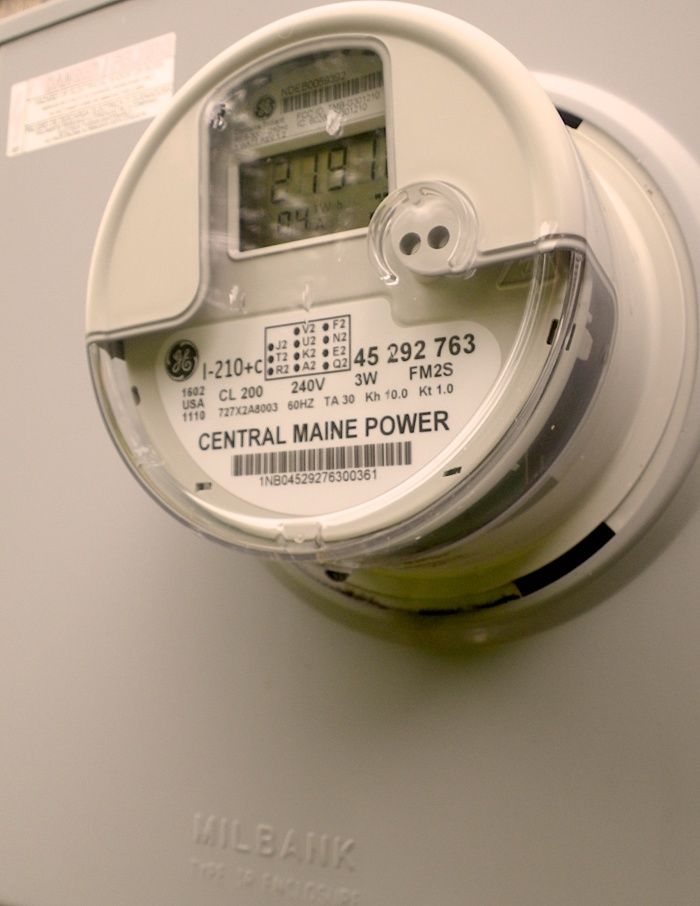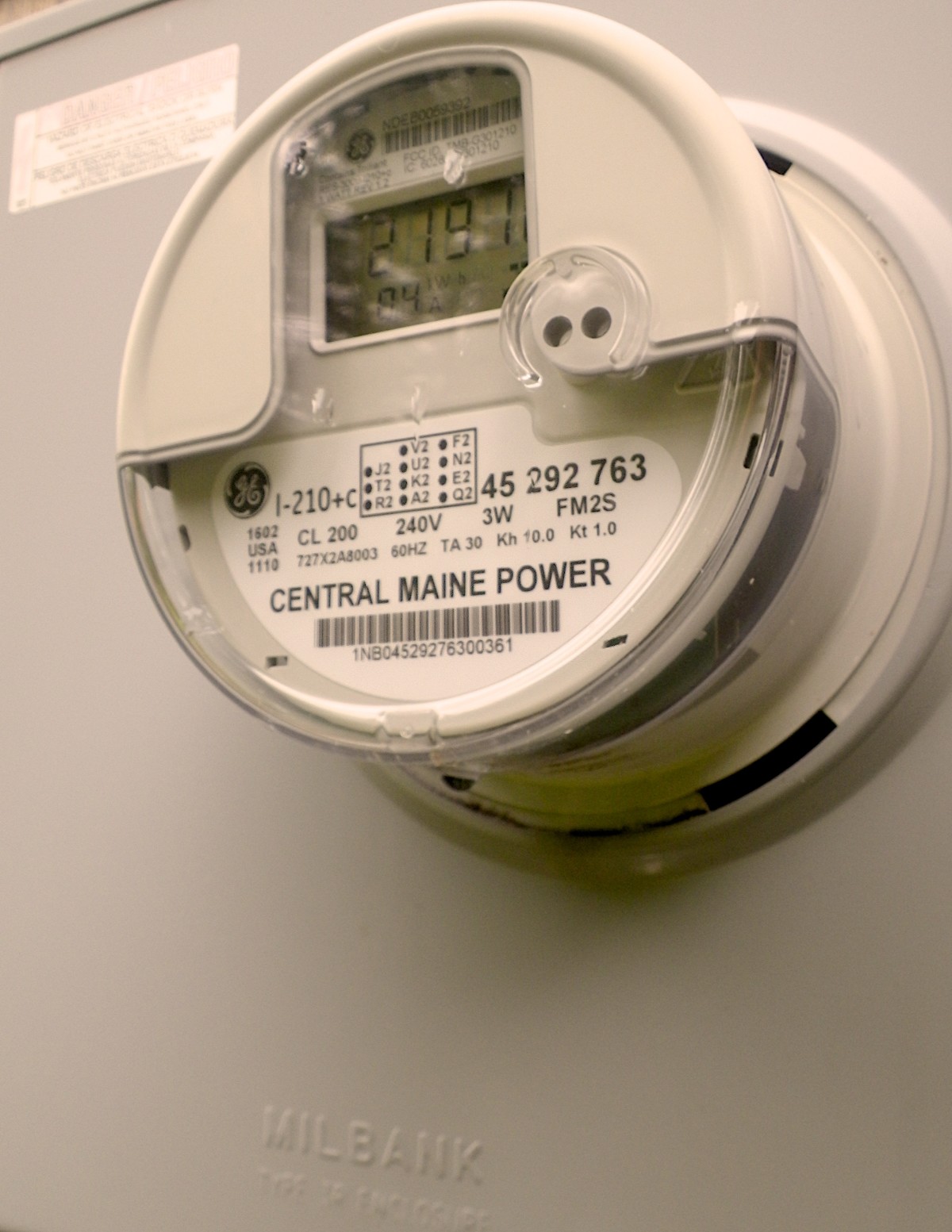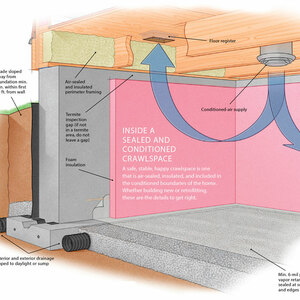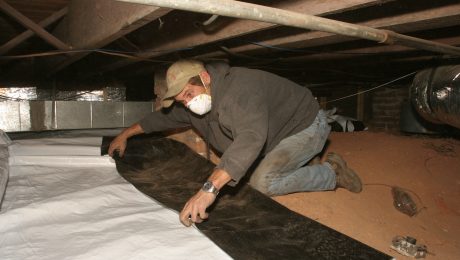
Smart meters, those wireless devices that tell the power company how much electricity you’re using, have come under fire for everything from inaccuracy to invading privacy. But in Arizona, responding to concern, a public-health study has concluded the devices are unlikely to pose a health risk.
According to an article posted at the web site AZCentral, the state’s Department of Health Services reviewed scientific literature and worked with another state agency on a testing program to make sure meters were operating at their correcrt radio frequencies.
Researchers tried to create a “worst-case scenario” of radio-wave exposure that a homeowner with an installed smart meter might experience.
“None of the measured radio frequencies’s power density [is] at levels of public-health concern,” the report says. “With the available information, exposure to meters [is] not likely to harm the health of the public.”
Electric utilities have been installing smart meters all over the country, but they’re controversial. Some ratepayers don’t want them installed on their houses; others have claimed a variety of health issues are caused by the radio waves the meters emit, and say the meters are a threat to privacy.
The Arizona Corporation Commission has asked for the study after thousands of ratepayers complained about them. Public-health researchers found that some studies have suggested radio waves have the potential to affect human physiology, the report said, but studies “cannot conclude that the cellular changes necessarily lead to disease.”
One utility, Arizona Public Service Co., has proposed a $75 opt-out fee for those who don’t want the meters, plus another $30 a month. Regulators have yet to make a decision.

Smart meters may not be well liked, but they won't hurt you, researchers in Arizona's Department of Public Health said in a report turned over to utility regulators.


























View Comments